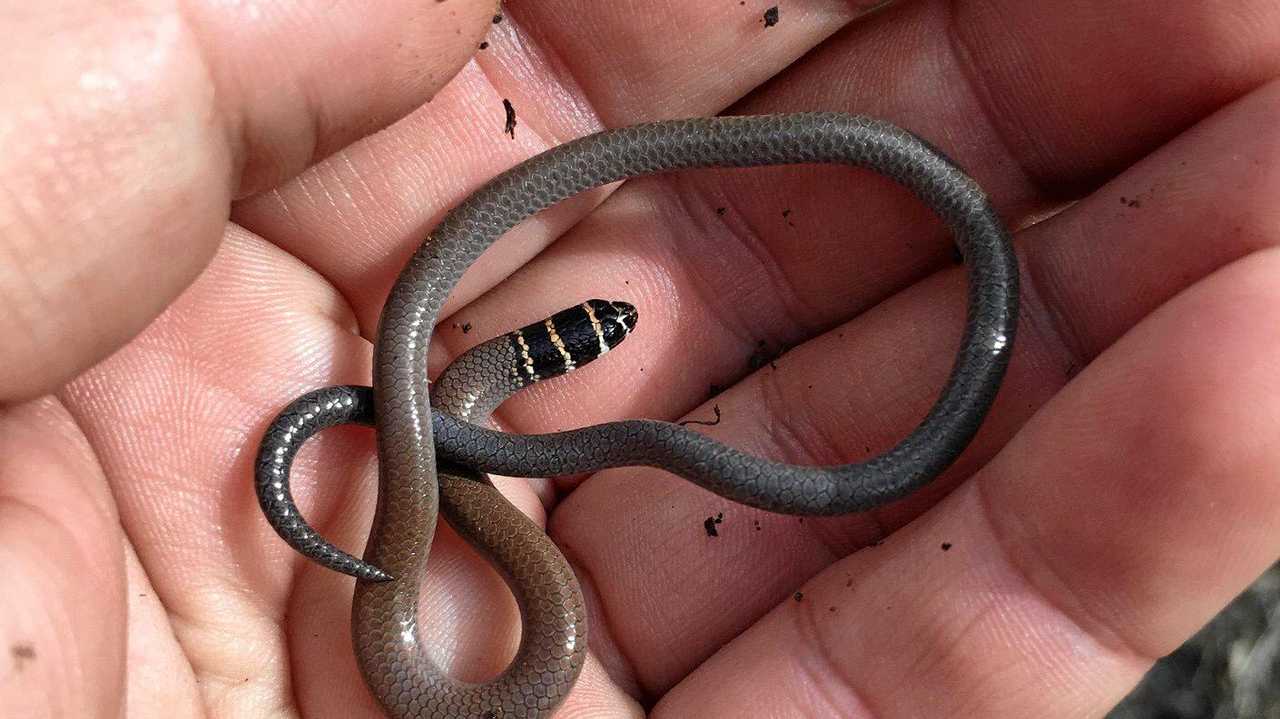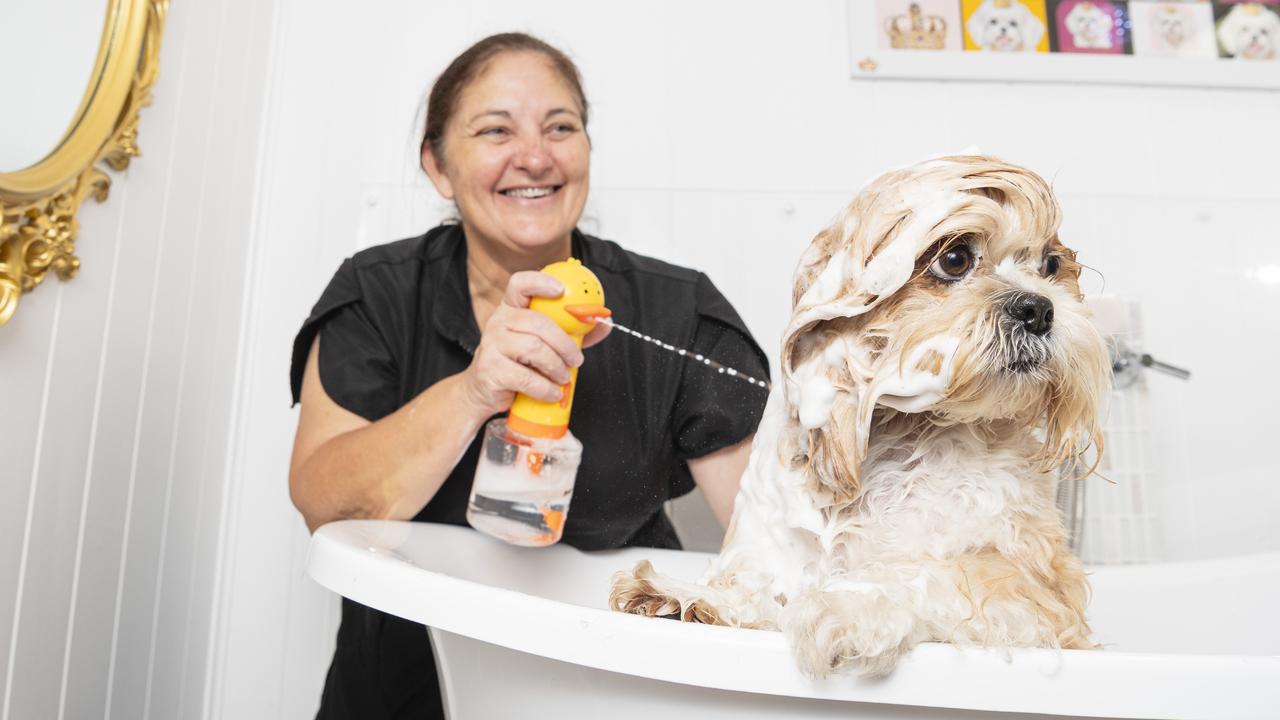'Vulnerable' lizard species moved from TSRC site
NEXUS has completed a two-year relocation program of a protected species to an area outside of the construction footprint of the Toowoomba Second Range Crossing

News
Don't miss out on the headlines from News. Followed categories will be added to My News.
NEXUS has completed a two-year relocation program of a protected species to an area outside of the construction footprint of the Toowoomba Second Range Crossing.
The Delma torquata, or Collared delma, is a small legless lizard identified in several locations on the Toowoomba Range. It is currently listed as vulnerable under theEnvironment Protection and Biodiversity Act.
Nexus CEO John Hagan announced Nexus' Collared delma relocation program in 2016.
Nexus said it worked to ensure their habitat loss was minimised because of the very specific habitat requirements of the Collared delma and their fragmented distribution.
Mr Hagan said Nexus had undertaken intensive investigations to identify Collared delma microhabitat along the TSRC corridor, with live specimens collected by ecologists and moved to soft release areas for ongoing monitoring.
"Soft release describes a gradual return to the wild, and this technique enabled the Collared delma to spend time in an outdoor enclosure, become familiar with the new release area and aware of the activity of other wildlife in the area," Mr Hagan said.
"Nexus collected 114 Collared delma and relocated them into one of 10 soft release enclosures as part of the TSRC relocation program."
The two-year monitoring program was completed in June 2018 with the results provided to the Department of Environment and Energy this year. Anecdotal evidence shows while relocation of delma species has previously occurred in Australia, Nexus' is the first scientific monitoring program for Collared delmaapproved by the Department of Environment and Energy.
Originally published as 'Vulnerable' lizard species moved from TSRC site






